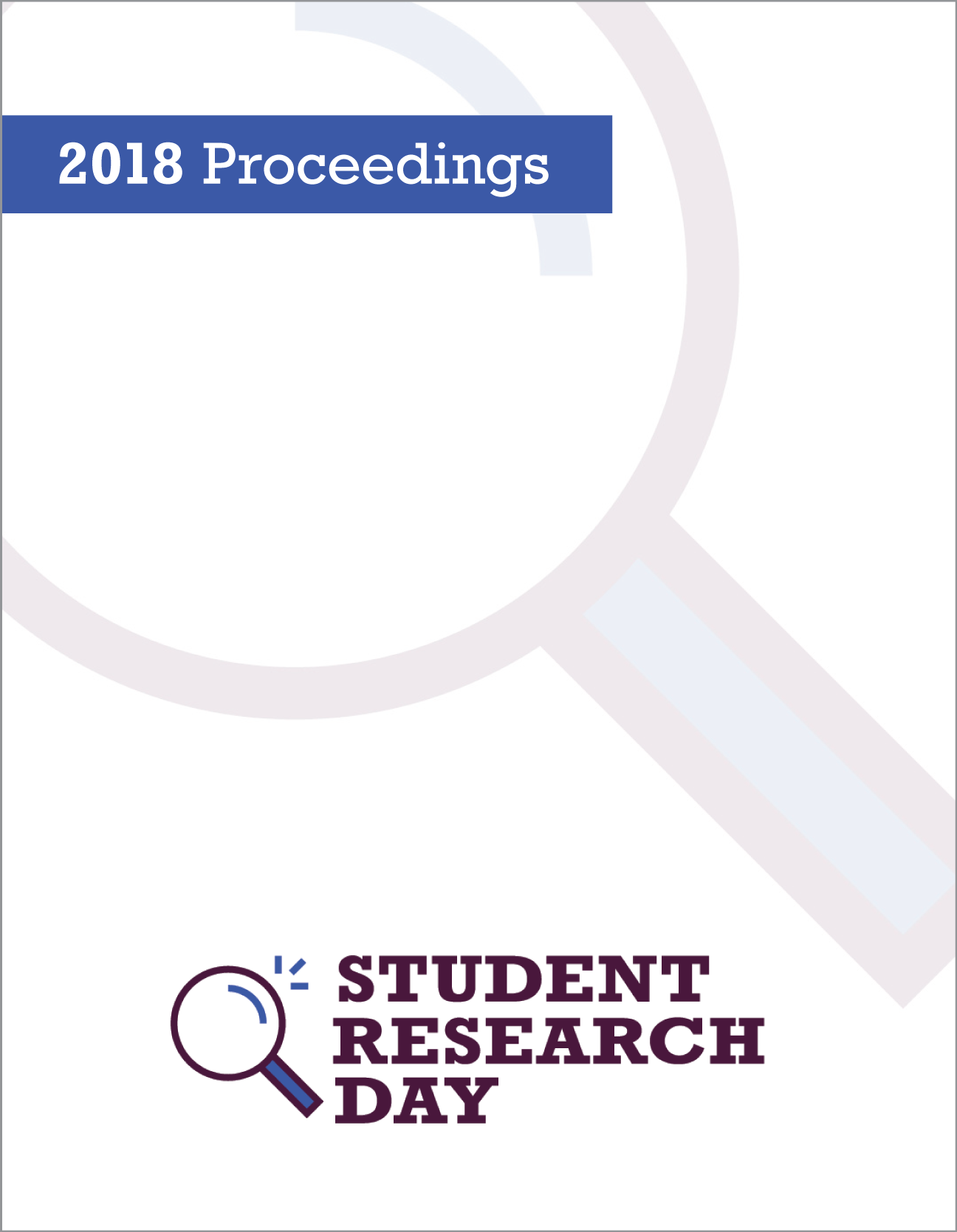Consent 102
Integrating Knowledge with Experience
Abstract
There have been growing efforts on college and university campuses to increase awareness about sexual violence. Often those initiatives focus on defining affirmative consent within the broader context of socio-cultural power dynamics. Cognitive psychology can add a complementary perspective through understanding biases that might affect perception of consent and the processes by which individuals reason about consent. Research in medical education has demonstrated that reliance on both explicit rules and as well as similar prior experiences produces the best diagnostic judgement (Eva, 2004). Like medical diagnosis, consent requires one to make decisions about individual experiences or cases that are multidimensional, contextually diverse and interpretive in nature. Consequently, practices designed for building expert diagnosticians may have value in teaching students about consent. Our program will include an analytical training component that focuses on the explicit dimensions of consent dimensions and cognitive biases likely to influence perceptions of consent, illustrated through case examples. Some students will also receive the training needed for non-analytic reasoning, which is embedded in considerable exposure to a range of test cases with feedback on their decisions. After training, all students will be asked to provide judgments of consent for a series of test cases. We expect the group that received both analytical and non-analytical training will be more accurate in their judgments of consent and will demonstrate more sophisticated rationales for their decisions.
Discipline: Psychology (Honours)
Faculty Mentor: Dr. Aimee Skye
References
Downloads
Published
Issue
Section
License
Authors retain any and all existing copyright to works contributed to these proceedings.



